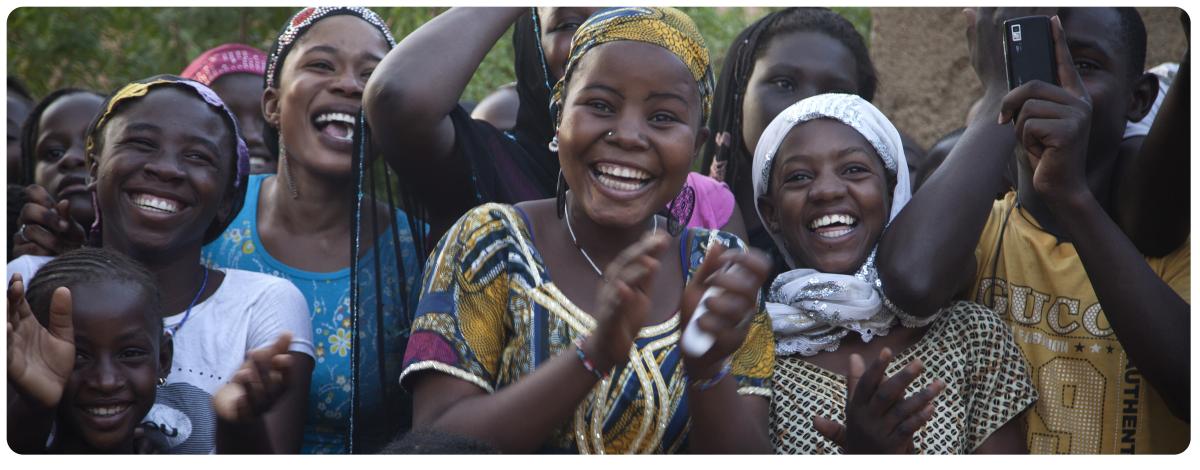SOCIAL SUPPORT

How important are family and friends?
Research is showing us that one of the most important factors that help humanitarian workers stay healthy is what we call “Social support”.
Social support is your perception of the quality of your relationship networks. If you feel that your relationships are plentiful, helpful, and positive, you have high social support. It’s not so much about the quantity, but the quality of those relationships.
- Several studies report that separation from family because of work is one of the most significant stressors humanitarian workers experience.1
- More than one study reports that high levels of social support “buffer” humanitarian workers against stress and posttraumatic distress.2
- When humanitarian workers with low social support were compared to those with medium to high levels of support, they found that the staff with low social support were:
- 4 times more likely to experience traumatization;
- 3 times more likely to experience some form of “unwellness”;
- 2.5 times more likely to experience some form of acute anxiety; and
- 2.5 times more likely to experience some form of physical illness3
1 Eriksson, C.B., J. Bjorck, and A. Abernethy. 2003. Occupational stress, trauma and adjustment in expatriate humanitarian aid workers. In Stress and trauma handbook: Strategies for flourishing in demanding environments, ed. J. Fawcett, 68–100. Monrovia, CA: World Vision International
2 Eriksson, C.B., H. Vande Kemp, R. Gorsuch, S. Hoke, and D.W. Foy. 2001. Trauma exposure and PTSD symptoms in international relief and development personnel. Journal of Traumatic Stress 14:205–212.
3 Fawcett, G. 2003. Assessing front-line staff for stress, trauma, and social support: Theory, practice, and implications. In Stress and trauma handbook: Strategies for flourishing in demanding environments, ed. J. Fawcett, 101–121. Monrovia, CA: World Vision International.
